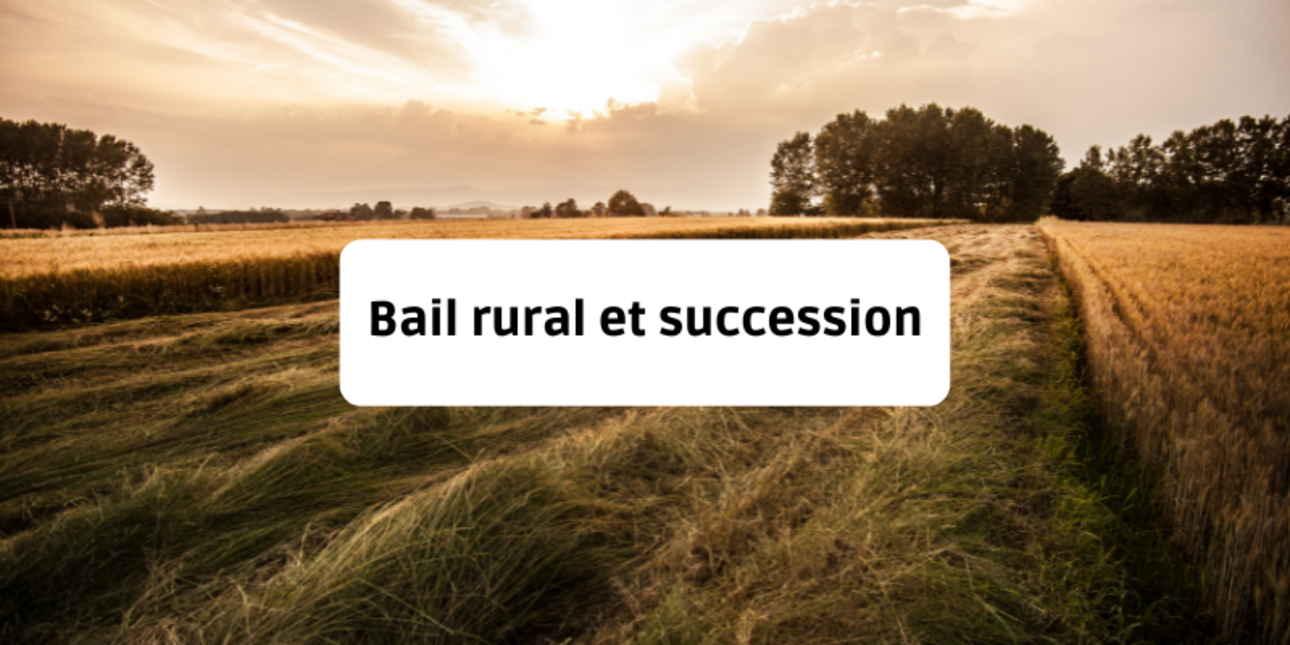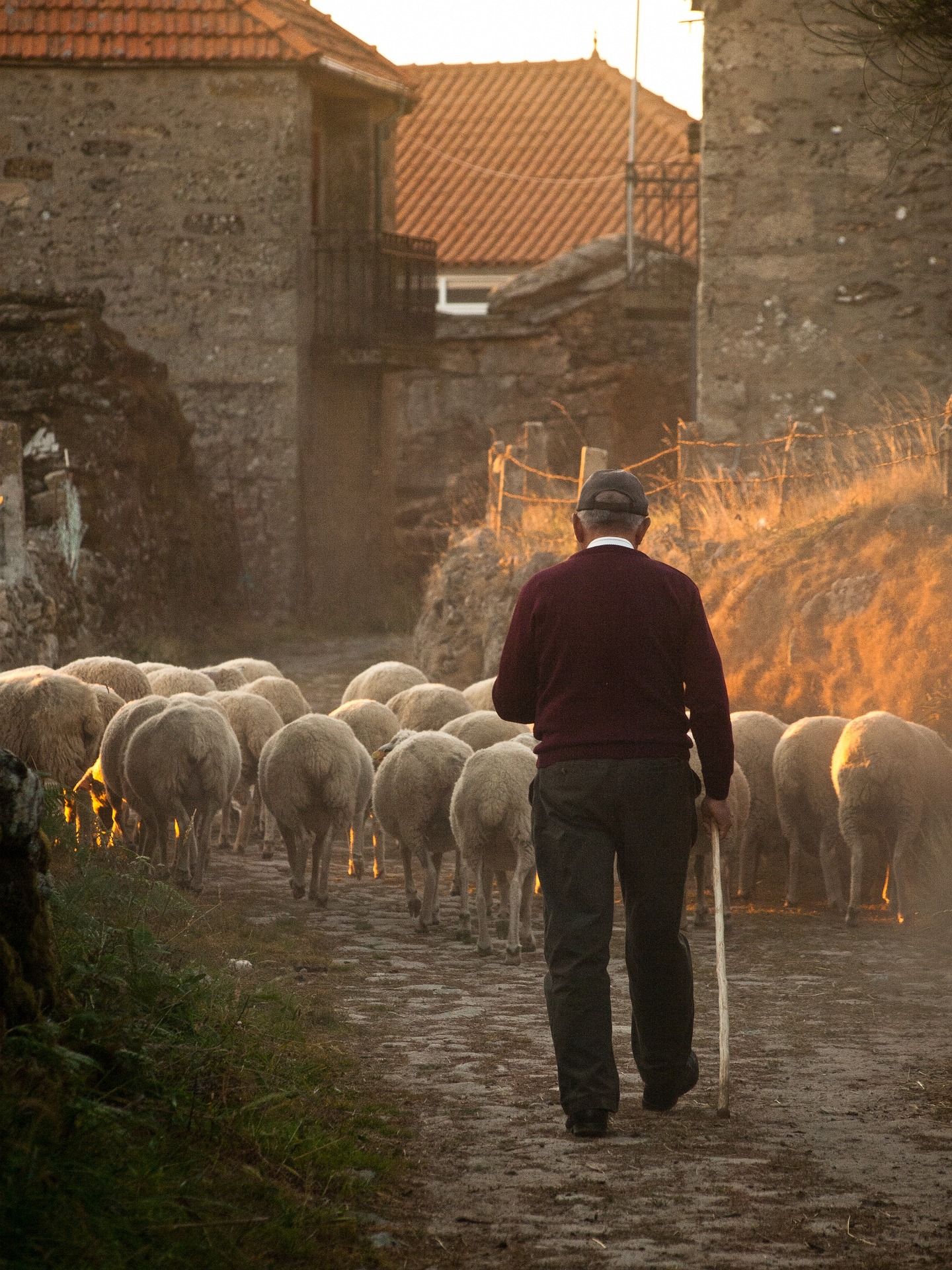
What happens if the farmer dies during the rural lease? Under certain conditions, the lease can be continued in favour of the spouse or descendants. However, the death of the lessor has no impact on the existing rural lease.
In this 7th article in our series on rural leases, we look at the consequences of a succession.

The rural lease is a contract for which the identity of the farmer is a key feature of the contract. This is one of the reasons why the rural lease is not transferable and why subletting is prohibited.
The question of what happens to the rural lease in the event of the farmer's death is therefore an important point.
First of all, it is important to specify that death does not mean the end of the lease contract. The principle is that the lease passes to the surviving spouse, partner, ascendants and descendants (Article L411-34 of the Rural Code).
This continuation is subject to the effective participation of these persons in the operation of the leased property during the 5 years preceding the death. They must also be in good standing with the Contrôle des Structures.
In the absence of participation, the lease is passed on to the heirs, but the lessor may request the termination of the lease within 6 months of the death.
The rightful claimants of the deceased may also request the termination of the lease within 6 months of the death. If they have not given notice of their wish to terminate the lease, the lease continues and the heirs will be liable for the rent and other obligations under the lease.
The lease passed on to the heirs is concluded jointly between them and they therefore become joint tenants. One of the heirs may, however, request the preferential allocation of the lease to him from the Tribunal Paritaire des baux ruraux.
If the deceased was a co-tenant of the lease, his share of the lease continues for the benefit of his heirs, but the lease may also continue for the benefit of the sole co-tenant if he meets the criteria of participation in the operation and regularity under the Contrôle des Structures.
The death of the lessor has no effect on the rural lease. The heirs of the lessor become the new lessor. The lease continues under the same conditions in favour of the farmer.
The value of property leased under a long-term lease benefits from an allowance for the calculation of inheritance tax, as we have seen in our article on the different types of lease.
Transfer tax :
Author's note: The information we present is purely informative and pedagogical and cannot replace an analysis carried out by a professional in rural law. In case of conflict, difficulty, etc., we invite you to contact one of these professionals (lawyers, notaries, rural law experts, etc.).